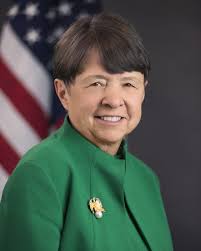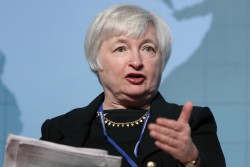
SOX and Fish: What the Supreme Court Missed in Yates v. United States
By now, much of the dust has settled around the Supreme Court’s decision in Yates v. United States.[1] Yates was the odd case of a commercial fisherman convicted of violating 18 U.S.C. § 1519, the “anti-shredding” provision of …
 Sky Blog
Sky Blog









